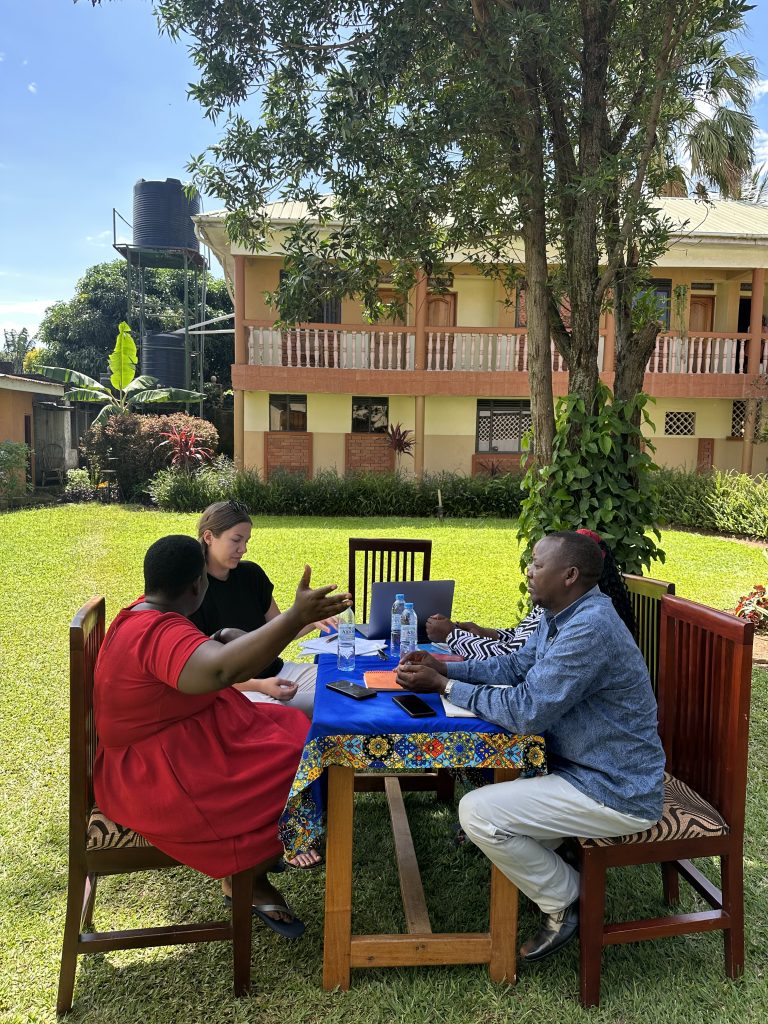Sustainable Financing and Vocational Training

The school campus is planned with the goal of becoming financially self-sustaining within five years. Ongoing expenses such as salaries and operational costs are expected to be covered by various income sources, which have been an integral part of the school concept from the beginning.
A key pillar will be the hands-on vocational training of older students. In Uganda, so-called "vocational schools" play an important role and are a common part of the national education system. This focus will also be promoted at the planned school. Depending on their interests, students will have the opportunity to participate in a range of practical activities. Small workshops and projects are planned where handcrafted products or basic services can be offered – such as woodworking, textile work, repairs, and other skills that are relevant to everyday life in the region. The products and services can be sold locally, with the proceeds going back into the school’s operations and helping to cover running costs. At the same time, students gain valuable experience that can benefit them in their future careers. Existing schools with a similar approach show how much such projects can contribute to learners' independence and how positively they can impact the surrounding communities. More information about the role of vocational schools in Uganda can be found here.
In addition, agriculture on the school premises is expected to play an important role. Fruits, vegetables, and grains can be used not only to feed the school community but also sold at local markets. This way, part of the harvest contributes directly to funding the school’s daily operations.
As is common in Uganda, school fees will also be charged. From a German perspective, the idea of paying for education may seem unusual. In a country where education is provided free of charge, this model can be difficult to understand. However, at the planned school, access to education regardless of a family's income remains a priority. At the same time, many conversations with local professionals and trusted partners have shown that school fees in Uganda are seen as important. If education is offered entirely for free, families may not perceive its value and may keep children at home to help with household tasks, farming, or other responsibilities. For this reason, the school will implement a model that takes both cultural and social realities into account. School fees will remain low and affordable for most families, while scholarships and reduced fees will be available to ensure that children from low-income households can also attend.
In the long term, the school campus is also intended to operate in an environmentally sustainable way. A key focus is the use of solar energy. In recent years, Uganda has made significant progress in developing reliable and appropriate solar technologies, even in rural areas. A solar installation on the school grounds will help cover the school's energy needs independently and reliably. At the same time, students will be encouraged to develop an awareness of resource-conscious living, drawing on the knowledge and experience of the local teachers and professionals involved in the school.
